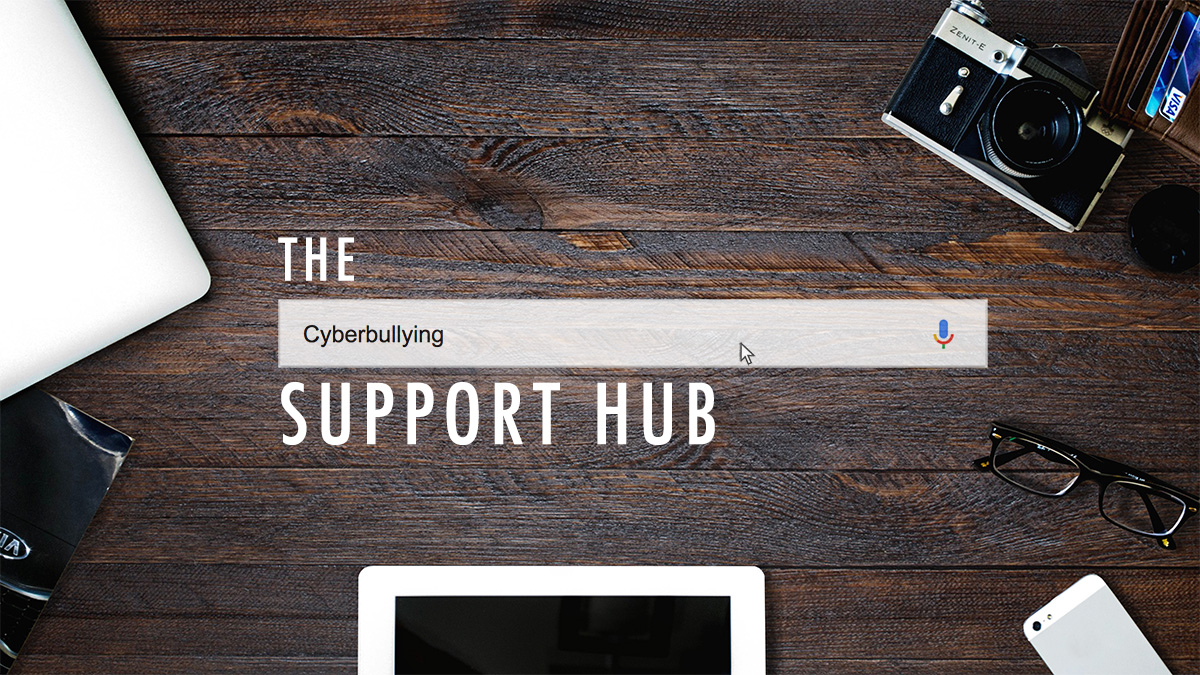Sometimes it’s lonely at the top. Especially when people assume that being an online influencer consists mainly of adoring fans, exclusive launches and dream brand partnerships.
Recent Ditch the Label research shows that 67% of us care about being popular online and it’s no surprise when the life of an influencer is seemingly perfect from the outside.
Posting passionately about your views and ideas online will inevitably draw in support from an audience of like-minded individuals but unfortunately, it will also attract negativity and criticism. Not everyone will agree with your ideas, and that’s OK, but sometimes people take their opposition a little too far.
Over the years, we’ve heard about how online influencers have been subjected to an endless stream of death threats, abusive tweets and even having their personal contact information shared on public forums without their consent.
The abuse can often be so extreme, it has stopped people from doing what they love. The impact of bullying on health and wellbeing is indisputable and nobody is immune – regardless of how big their following or how deep their support network.
As global anti-bullying experts, we oppose all forms of abuse, regardless of how it is posted or who is subjected to it. Here are some expert top tips on how to handle abuse online:
1. Know that you’re not the problem
First and foremost, know that the reason you’re being targeted isn’t because of you or the content you post. More often than not, those who troll online are doing so to conceal deeper issues. Ditch the Label research shows that those who bully others are far more likely to be going through something difficult and use bullying as a coping mechanism. If somebody feels bad about their own appearance, for example, it is often easier to project those feelings onto somebody else.
2. Remember the typical profile of an abusive account
Default profile photo: check. Less than 100 followers: check. A constant stream of abusive posts: check. Knowing the key warning signs of an abusive profile is key; use it to remind yourself of the fact that this person quite obviously has issues and often you’re not the only person they are targeting. Try not to take things anonymous people on the internet say too seriously. After all, they are anonymous for a reason.
3. Have a nominated person who can escalate reports
Sometimes getting abuse online can be triggering, specifically, if it is targeted or attacks a vulnerability. This is why it’s important to have a designated friend, agent or legal representative to report abusive content on your behalf. If you receive something that is particularly triggering, try to limit your access to it. Copy the link or screenshot over to your trusted person and then block the user it originated from. Don’t give it more mental capacity than it deserves and consider stepping away from the computer for a bit and do something to take your mind off it.
4. Don’t react
Our research shows that reacting to abusive content online can feed the motivation of the abuser; particularly if they are doing it in order to feel powerful or to gain your attention. Sure, it can feel disempowering sometimes but take time to seriously consider whether or not replying is the best thing to do. Encouraging your audience to attack is not a good idea! Often, online abusers are in dark states of mind and we know that doesn’t make it any easier for you, but don’t enter into a vicious cycle of encouraging further abuse.
5. Record and report
If you are receiving content that makes you feel physically threatened or having your personal information leaked, these are all things that need to be documented and reported to the Police. Equally, content that could be considered as hate speech; such as racism, homophobia or transphobia should also be reported to the Police. They have a duty of care and are obliged to take it seriously. For more information on how to report abuse online, click here.
6. If you’re stuck, we’re here for you
Please don’t ever feel like you’re alone. We are here for you. Whether you need help having defamatory content removed or are feeling low after receiving abuse, there is no issue too big or too small. You can contact a digital mentor on our support community or even give us a call 01273 201129.
For more info about online abuse, check out the Ditch the Label Cyberbullying Support Hub:
More:
- Let’s Talk about Online Hate Speech
- 1 in 3 people are scared they could be bullied online: Here’s How to Protect Yourself
- 12 Online Behaviours Which are Shady AF














